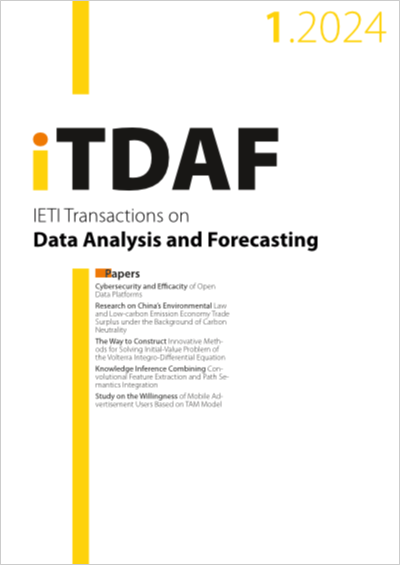Study on the Willingness of Mobile Advertisement Users Based on TAM Model
DOI:
https://doi.org/10.3991/itdaf.v2i1.49105Keywords:
mobile advertisement,users' willingness,subjective norms,TAMAbstract
This study aims to explore the framework of the technology acceptance model (TAM) to examine how subjective norms, perceived precision, and perceived control can positively influence users’ willingness to adopt mobile ads by enhancing perceived usefulness. In the context of the rapid development of the digital era, mobile advertising serves as an important marketing tool. Its user acceptance directly impacts the marketing effectiveness of enterprises. Therefore, a profound comprehension of the key factors that influence user adoption of mobile ads is crucial for designing more effective mobile ad strategies. In this study, we collected the attitudes and responses of users from various backgrounds towards mobile advertising and conducted data analysis using a structural equation model. The study found that subjective norms, perceived accuracy, and perceived control are important factors influencing users’ perceived usefulness. Additionally, perceived usefulness significantly and positively impacts users’ willingness to adopt mobile ads.
Downloads
Published
How to Cite
Issue
Section
License
Copyright (c) 2024 qiaoqin SU

This work is licensed under a Creative Commons Attribution 4.0 International License.


